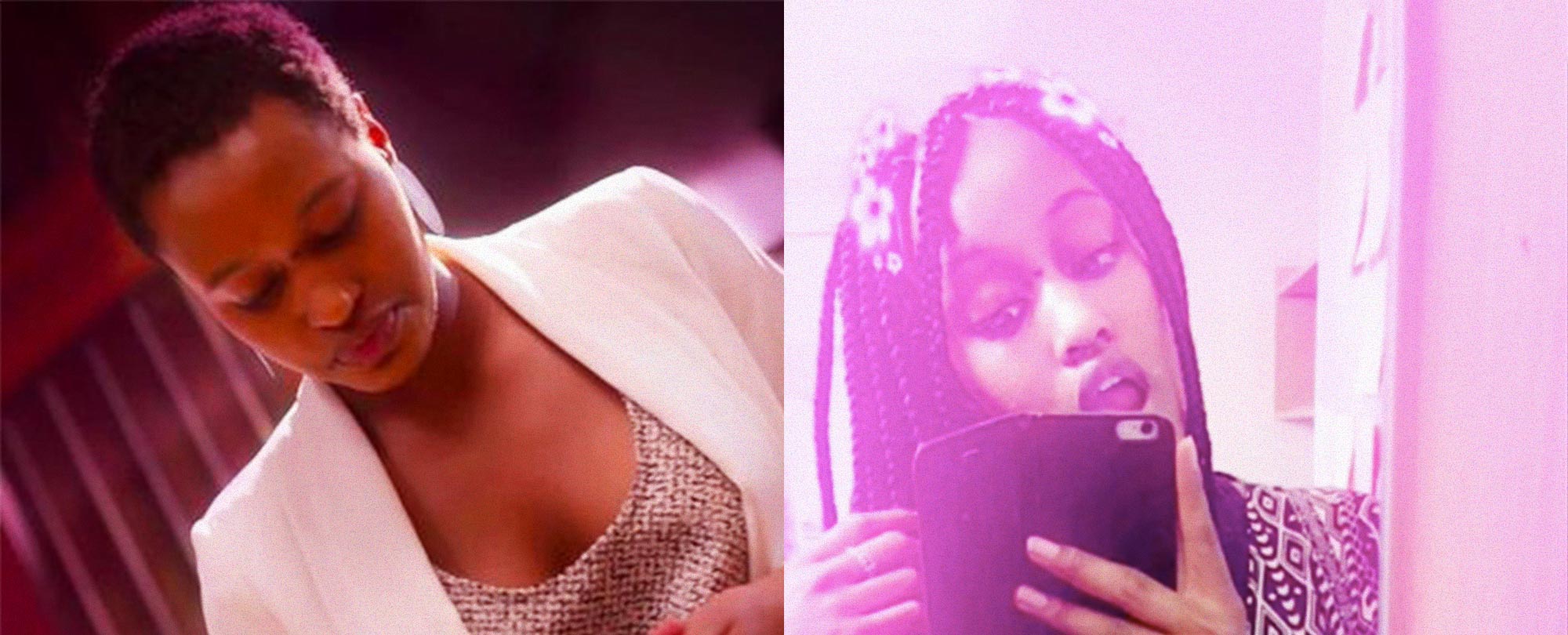Having short hair was an act of emancipation from western beauty standards and an affirmation that my black hair was beautiful.
But there comes a time, where rocking that TWA gets dull and your busy schedule won’t allow you that much styling time.
I reached an agreement with myself: I was discouraged from getting a big ‘fro à la Solange Knowles when I realised the amount of work it required. The closest-to-natural solution was clear. After six years of being a proud member of team #NappyHair, I decided to go back to my basics and rock box braids. Here’s an account of this painful, awkward and yet beautiful journey.
I had to look for a salon.
Unlike the lucky ones who know how to get their hair done or have a hairdresser they visit on the regular, I had to look for a salon. A friend suggested that I just go to Tooting (south London) and choose a salon by price. I unfortunately met with the limits of this technique back when I had dreadlocks and experienced a Nigerian man butcher my hair.
It’s not worth getting trust issues over a salon and I was not willing to take this risk again: finding the right hairdresser is as important as finding the right partner in life.
It requires certain standards. I relied on my friends’ recommendations and after a few phone calls, set up an appointment. Prior to D-Day, I went to Brixton to buy the main material of my future new look: hair extensions.
Acquiring hair was not something I had done in years, thus I celebrated it on Snapchat.
A friend replied telling me that ‘we’ usually keep these things secret. On the contrary, I think it is because we keep certain things on the down low that we are often dumbfounded when facing the most common cases of cultural appropriation.
Buying hair is not a shame.
Sisters. Buying hair is not a shame. Let it be known that it was our thing before Becky and her friends make it the next topic of a Vogue article. Be proud of it before it becomes the topic of a new Chris Rock film subtly trying to teach you wrong from right.
Our male-dominant culture celebrates barbershops as the sanctum of black masculinity but a similar role is held by hair salons. They hold an unspoken place in each black woman’s life. As she was plaiting my hair, Aunty Peace (aka my Accra-born and bred, gospel-singing, multitasking hairdresser) was also taking care of three girls who kept on complaining about her harsh hand.
I used to be them a few years back, an impatient, pain-sensitive child who did not understand how women could sit and get their hair done without a word. I have the answer now: pretty hurts and we all learn to deal with it eventually (truth: grinding your teeth actually helps).
My years of seeing my hairdresser as the great torturer of my scalp are long gone. Instead, I realised that it only takes a few moments before the woman who plaits your hair becomes a sort of therapist you do not really have to speak to.
Getting braids done is a moment to reflect.
Six hours and a lot of teeth grinding later, I found myself walking out of the salon with +60cm hair and fresh self-confidence. Getting braids done is a moment to reflect on how much you’ve grown as an individual, as you stare at yourself being transformed for long hours. It is an empowering occasion to reclaim a tradition and celebrate our culture.
They are heavy and make your scalp cry.
My new hair glow lasted until came the solid realisation that I now had long hair and didn’t know how to deal. As much as I pride myself in having *almost* reached Janet Jackson’s level of slay in Poetic Justice, I will not lie: going from short hair to long hair is a real struggle.
They are heavy and make your scalp cry out for help for a good week. I have also managed to get my hair stuck in a door and countlessly entangle my braids with earrings, headphones and necklaces.
With long hair also comes a series of interrogations, going from ‘what styles can I do or try?’ to ‘how am I going to sleep with bae?’ and ‘what if one of them falls out whilst I’m walking?’. And there is the obvious yet still excruciating moment when non-black people will feel the urge to touch your hair and ask you a thousand questions about how you got it done.
My mum once taught me what is now my favourite response:
